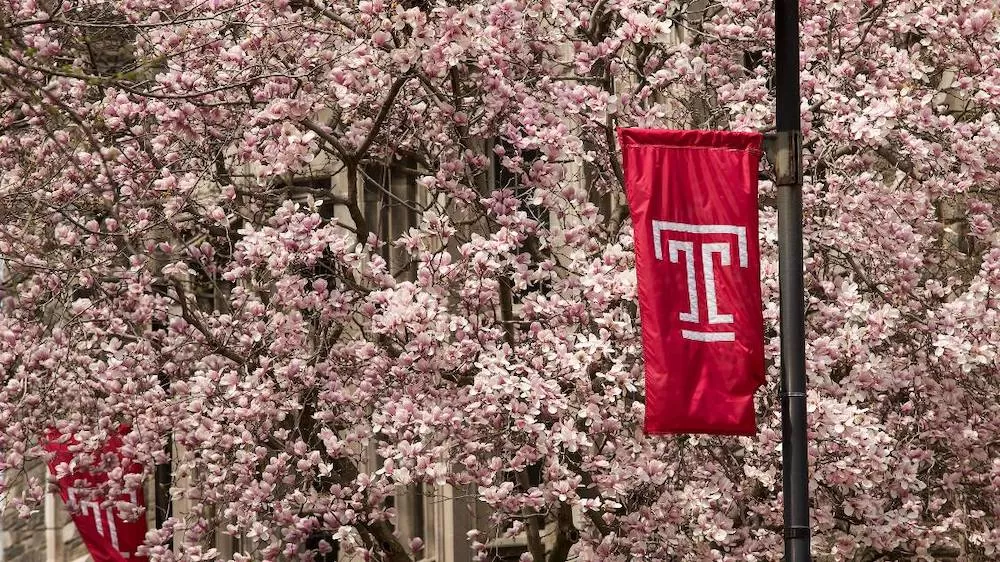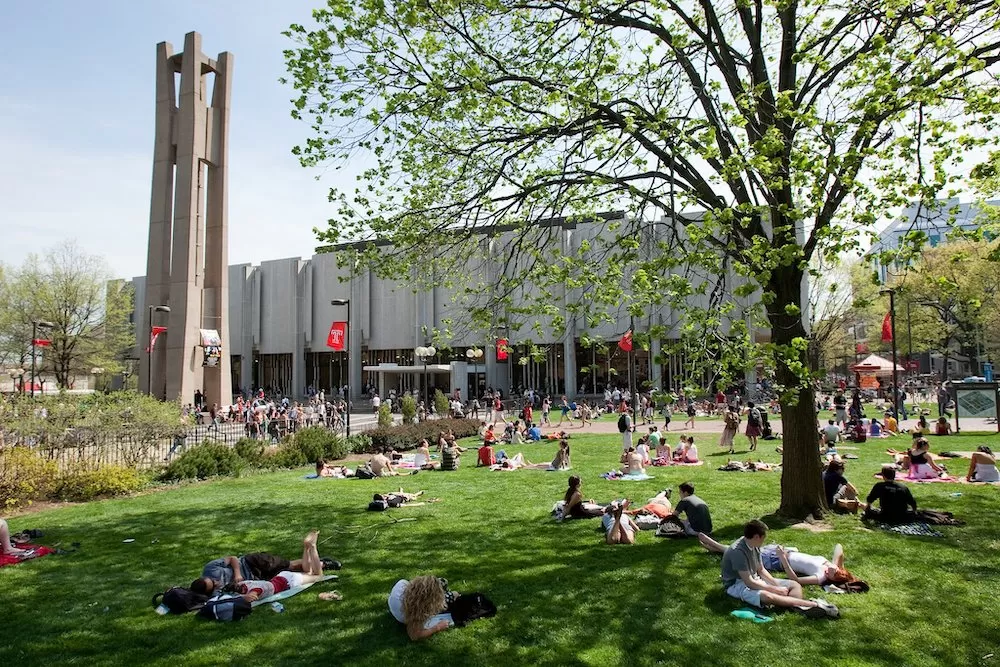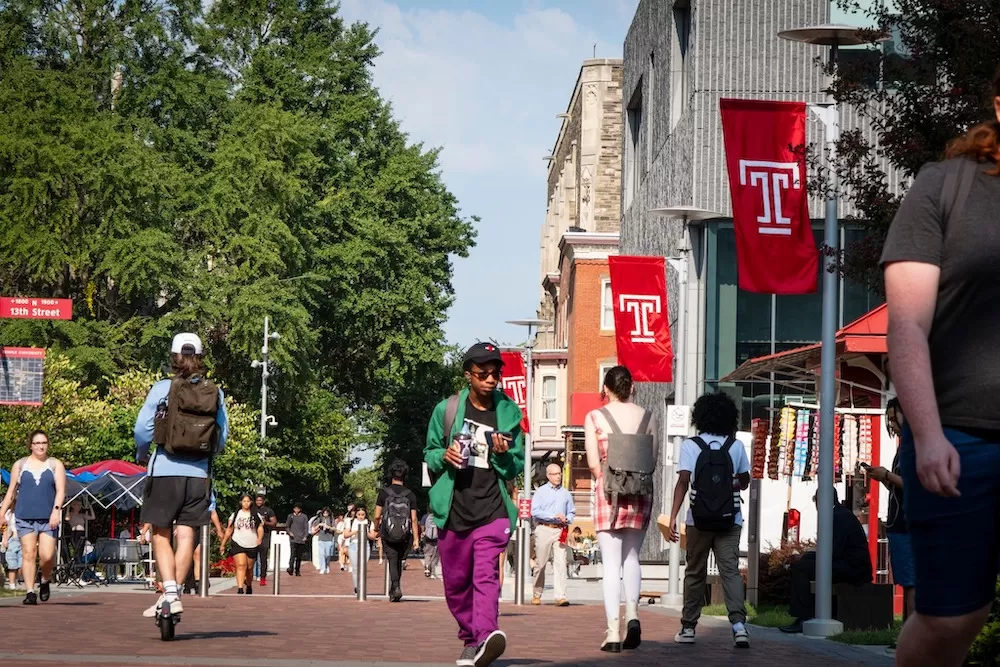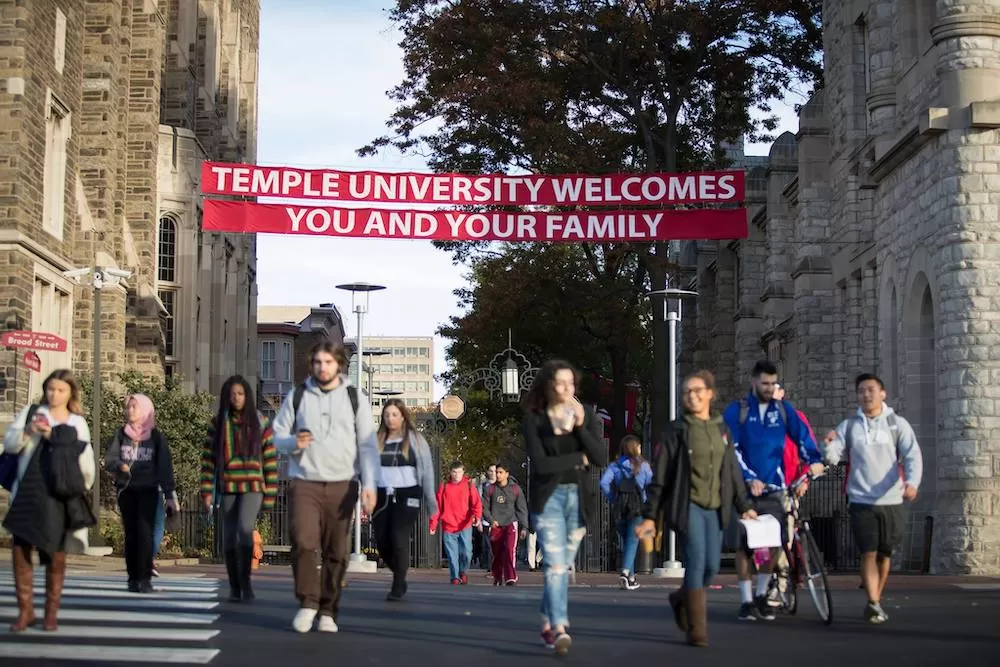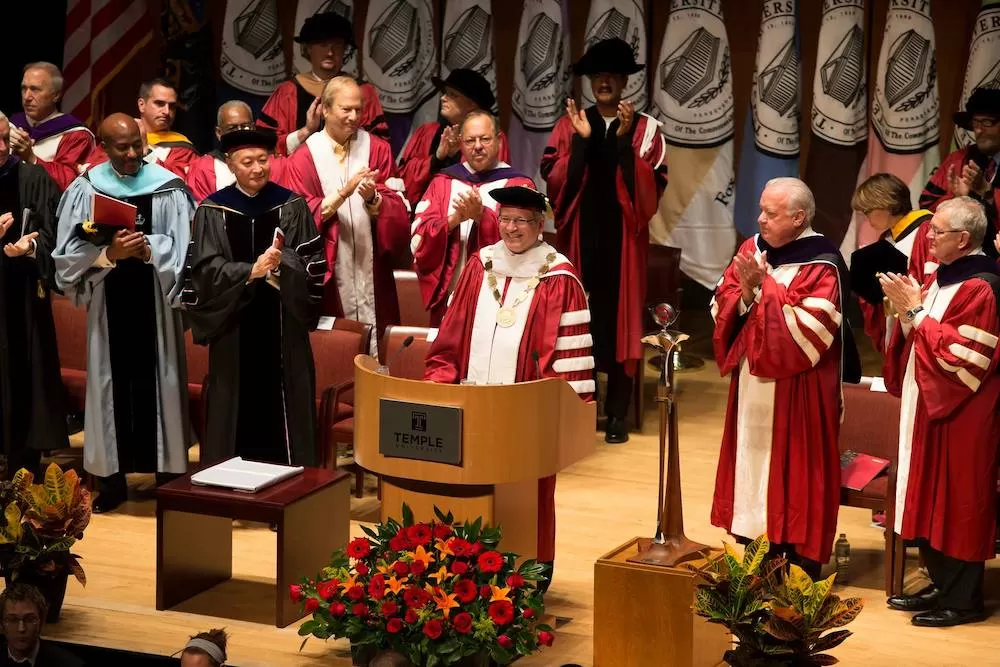Academics reign supreme at the prestigious
Temple University. As far as prominent universities in Philadelphia are concerned, most only focus on the University of Pennsylvania, which itself is an Ivy League School. But if there was ever another higher educational institution in the city that's close to rivaling it, it's Temple University. This public research university has and will always put academics at the forefront. It's more than just a place for students to go through on their way to adulthood. This university is all about learning new things and exploring possibilities.
History of Temple University
Grace Baptist Church of Philadelphia pastor Russel Conwell founded Temple University in
Philadelphia in 1884. Conwell, a Yale-educated lawyer and orator, began tutoring working-class citizens when he came to Pennsylvania in 1882. He taught his students, dubbed the 'night owls,' in the basement of his Baptist Temple, both the origins of the school's eventual name and mascot. As the Grace Baptist Church of Philadelphia grew popular and expanded at the time, its Board of Trustees named Conwell the president of the school. On December 12, 1907, the college merged with the Philadelphia Dental College, officially establishing Temple University.
What Does Temple University Look Like?
Temple University's campus is so big that it encompasses many
central neighborhoods in Philadelphia. Its main campus is in North Philadelphia, which also features The Founder's Garden. It's here where founder Russel Conwell is buried. Further up North Philadelphia is the university's medical campus, which includes the famous Temple University Hospital, Lewis Kats School of Medicine, and the Maurice H. Kornberg School of Dentistry, to name a few. What's most notable about Temple University's campus now is how modern and contemporary its buildings are. There are barely any traces of the old structures for a school that was established in 1884.
Source: Temple University Facebook Page
The Temple University Student Body
Temple University is one of the biggest schools in Philadelphia, especially when it comes to its student body. The school welcomes over 30,000 students per year, among the biggest of the many colleges & universities in the city. Naturally, this is composed of both new enrollees and returning students who have yet to graduate. To break it down even further, Temple University commonly has around 21,000 undergraduates and over 9,000 postgraduates. Moreover, about 4% of them are international students who come from 60 different countries. The remaining 96%, on the other hand, is composed of around 60% in-state residents and 36% out-of-state applicants.
Temple University's Best Programs and Courses
It's safe to say that Temple University's best programs are divided into two main groups. One is more on the business side, which includes majors in Business Management, Marketing, Economics, and Finance. The other is the school's healthcare-related majors, which include Medicine, Dentistry, and Pharmacy, among many others. These are what most academics consider to be Temple University's specialties, especially the latter since the school is best known for its medical research facility. At the same time, Temple University's alumni list includes a lot of famous figures in show business. Hence, its art school and theater major are pretty prominent too.
Source: Temple University Facebook Page
Temple University's Prerequisites
Temple University's acceptance rate is 79%, which makes it seem like it's easy to get into this school. But while it may be easier compared to other universities in Philadelphia, this doesn't mean that the school accepts just anyone. As far as Temple University's prerequisites are concerned, you need to have at least a B average in your high school grades and fairly high standardized test scores. This includes an average SAT score of around 1280 and an average ACT score of 28. Naturally, you still need to have at least a Bachelor's Degree if you're a postgraduate applicant too.
How Much Does It Cost to Study at Temple University?
How much you pay for studying at Temple University depends on where you come from. For example, the school's tuition fees vary depending on whether the student is an in-state resident or an out-of-state resident. The former costs around $18,864.00 per year while the latter costs $33,912.00 per year. On top of all that, there are also other fees including health insurance, textbooks, and more that cost up to $8,700.00 in total. International students, on the other hand, also have to pay an International Student Fee of around $350.00 per student.
Source: Temple University Facebook Page
Where is Temple University in Philadelphia?
As already mentioned, Temple University's campus encompasses many parts of the city, specifically North Philadelphia. This corner of the metropolis is known for its hip neighborhoods which used to be industrial districts. They're highly gentrified and largely urban, making it a suitable place for young students of the university. In terms of finding a place to stay near the school, the area makes this relatively easy too. There are many
luxury homes to rent in Philadelphia, especially in North Philly. So if you don't want to live in the school's dorms, you can easily get a place nearby instead.
Temple University's Famous Graduates
The most notable thing about Temple University's famous graduates is that a lot of them are in the entertainment industry. A few of the most acclaimed include the late actor & comedian Bob Saget, screenwriter and producer Adam McKay, talk show host Tamron Hall, Emmy Award-winning actress Quinta Brunson, and Oscar-winning actress Da'Vine Joy Randolph. Others worked in the government too, including Pennsylvania State Representative Malcolm Kenyatta and former Commissioner of Food & Drugs Stephen Hahn, to name a few. They all prove that Temple University truly is diverse when it comes to its high-quality education.
Source: Temple University Facebook Page
Though it's not an Ivy League School, Temple University is still one of the most prestigious schools in Philadelphia. The education, campus, and atmosphere offered here easily rival those of the iconic colleges, perhaps even more with how well the school has produced influential figures in the country.
